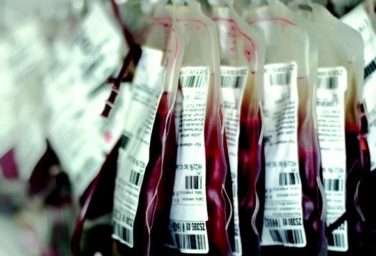FROM THE JOURNAL OF AFFECTIVE DISORDERS
Doctors looking for treatment options for bipolar mania would be wise to keep the following in mind: The presence of psychotic symptoms during the manic index episode, the number of past depressive episodes, and body mass index may be the best predictors of functional outcome at 6 months’ follow-up after a manic episode.
A team of researchers led by Dr. C. Mar Bonnín of the University of Barcelona examined 169 patients with bipolar disorder I who suffered an acute manic episode and were treated clinically and followed up at 6 months. Bipolar severity was assessed using scores from the Functioning Assessment Short Test ( FAST ) scale. The researchers then used a multivariate analysis to identify six variables that best predicted functional outcome at 6-month follow-up after a manic episode. Only three of the variables were found to be statistically significant: the number of previous depressive episodes (P = .002), the presence of psychotic symptoms during the index manic episode (P = .031), and body mass index (P = .041).
“The effective prevention of depressive episodes may be crucial to prevent further disability. Moreover, early treatment of psychotic symptoms may be of importance to avoid the progression and further worsening of the manic episode. Finally, educating patients in healthy lifestyle, including exercise and eating habits, may also help to avoid long-term treatment side effects of those drugs often associated with weight increase or other comorbidities associated to weight gain,” wrote the investigators.
Read the full article here: Journal of Affective Disorders 2015;182:121-5 ( http://dx.doi.org/10.1016/j.jad.2015.04.043 ).




